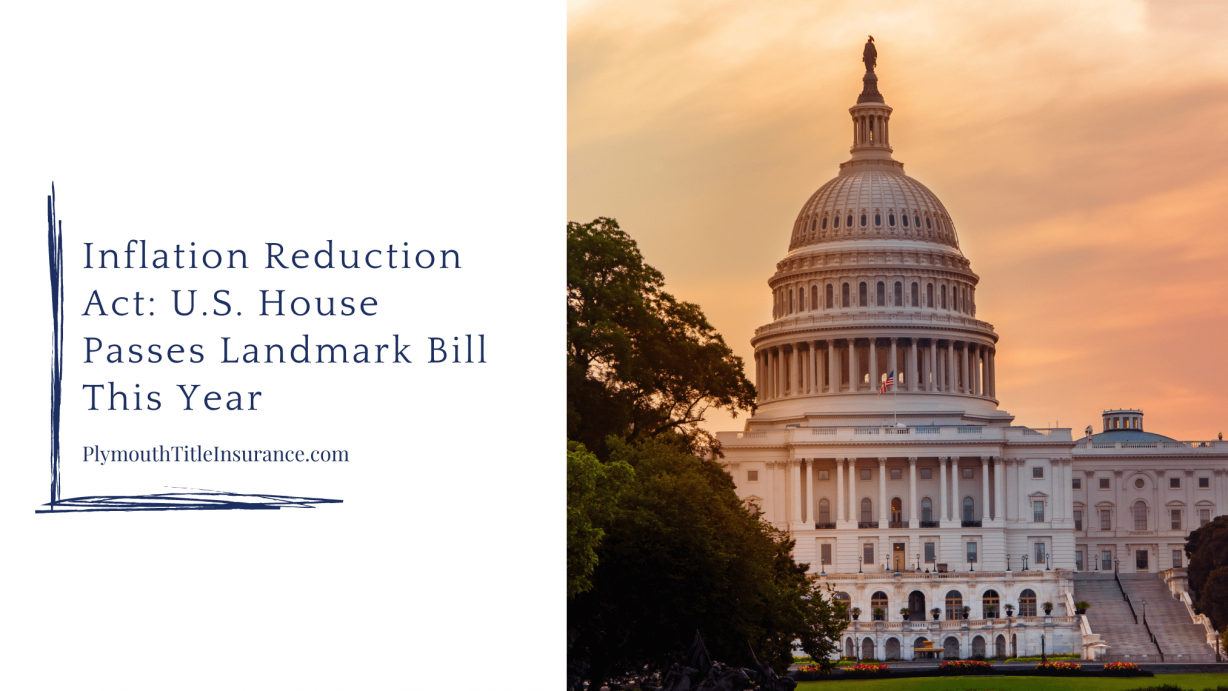On July 27th, 2022, Senate Majority Leader Chuck Schumer announced that the House reached an agreement pertaining to the Inflation Reduction Act of 2022. After months of contentious debates between Democrats and Republicans, the latest Act intends to lower inflationary pressures throughout the country.
Furthermore, President Joe Biden signed the Act into law mid-August 2022. But how does this impact the United States economy?
An Overview of the Inflation Reduction Act
With the passage of the Inflation Reduction Act, numerous economic regions inherit financial benefits. To start, the notion benefits the United States in regard to energy, tax, healthcare, and climate challenges.
With an approved $784 billion in budget reconciliation, the bill includes $369 billion for climate and clean energy programs. In addition, it aims to reduce prescription drug prices and new taxes on larger corporations. More so, the Act looks to strengthen the supply chain in clean energy, support workers’ rights through tax incentives for U.S.-based products, and tax credits for clean energy projects.
Key Numbers to Know
- The Act caps Medicare pharmacy costs at $2,000 per year
- Medicare beneficiaries will have insulin capped at $35 per month
- Families with electric vehicles will receive $1,000+ in tax credits
- Households receive up to $14,000 in direct consumer rebates for energy-efficient appliances
- Households gain a 30% tax credit on solar panel installations
How Does the Inflation Reduction Act Affect Property Owners?
In an effort to ease America’s burden during difficult times, the Inflation Reduction Act helps property owners, both commercial and residential. Overall, it accomplishes this goal through energy-efficient tactics. Specifically, the bill seeks to reduce electricity bills while increasing affordability for green technologies via tax breaks and credits. This includes home upgrades, facility updates, and other green energy projects.
With the release of the Hippo 2022 Homeowner Preparedness Report, the data shows that many homeowners and other property owners faced climate-induced property threats. Unfortunately, they also lacked the funds to perform critical climate-based repairs and upgrades.
Conclusively, this plans to support both large and small projects. These entail solar panel installation, window upgrades, more efficient appliances, smart plugs, and bigger projects like HVAC replacements. Per household, the maximum rebate is set to $14,000.
To learn how the Inflation Reduction Act impacts the Chicago real estate market, contact the title and escrow specialists at Plymouth Title Guaranty Corporation.

